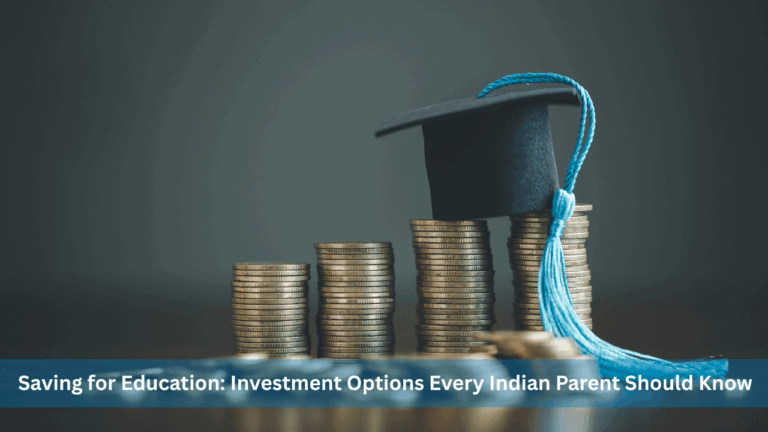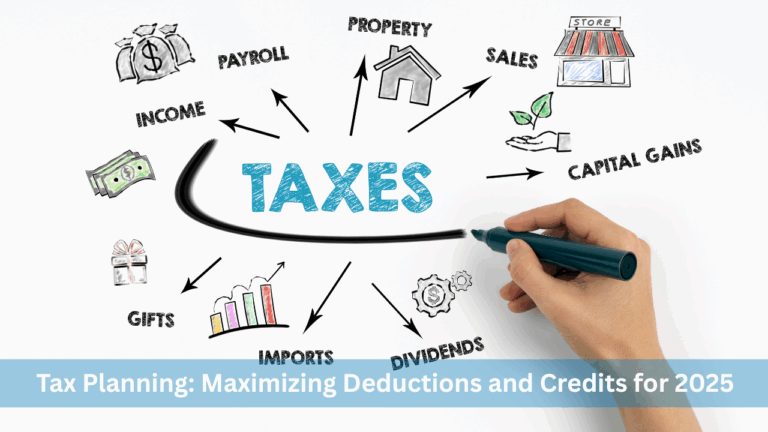Budgeting Tips for Financial Success in 2025: Simple Strategies for Indian Households
With the year 2025 already underway, the financial landscape continues to change. Rising costs of living, evolving tax rules, and unpredictable market trends are just a few challenges families across India are facing. In such times, budgeting isn’t just a financial exercise—it’s a tool for stability, peace of mind, and long-term success.
At Your Story, we understand the financial aspirations of Indian households. Whether you’re a salaried employee, a young entrepreneur, or managing a home on a single income, budgeting can help you stay on track and make confident decisions with your money. Here’s a detailed, practical guide to budgeting in 2025.
Why Budgeting Matters More Than Ever in 2025?
The economic environment in India is going through rapid change. From revised income tax slabs to higher fuel and education costs, every rupee counts. Budgeting helps you:
- Take control of your monthly spending
- Save systematically for emergencies and goals
- Reduce unnecessary financial stress
- Improve your credit score and investment power over time
Instead of reacting to expenses as they come, a solid budget lets you plan ahead, stay informed, and build financial discipline.
1. Begin with a Monthly Income Snapshot
Start by calculating your total monthly income after tax. This includes your salary, freelance income, side business profits, rental earnings, and any government benefits or pension. Knowing your exact income helps you stay realistic with your budget.
If you are unsure how to begin, you can visit Your Story for beginner-friendly resources and finance explainers.
2. Categorise Your Expenses
Break down your monthly expenses into three categories:
- Essentials: Rent, groceries, electricity, water, phone, children’s school fees
- Lifestyle: Subscriptions, shopping, outings, travel
- Savings & Investments: Fixed deposits, SIPs, gold, emergency fund, insurance premiums
By clearly separating your expenses, you will easily identify areas where you can reduce or optimise your spending.
3. Follow the 50-30-20 Rule (With Indian Tweaks)
While the global 50-30-20 rule (50% needs, 30% wants, 20% savings) is a good starting point, Indian households may need to tweak it slightly. For example:
- 50%: Essentials including education and family support
- 20%: Lifestyle needs (festivals, social functions, small indulgences)
- 30%: Savings, investments, and repayment of any personal loans
Adjust this based on your personal and family priorities. A budgeting calculator or app can help you stay on track.
4. Set Financial Goals—Short-Term and Long-Term
Having clear goals gives your budget a direction. These could include:
- Short-term: Save ₹1 lakh in 6 months for a trip or emergency fund
- Mid-term: Pay off a car loan or credit card by Diwali
- Long-term: Buy a house, fund your child’s college education, or retire early
Once you define your goals, allocate monthly savings toward each. Use auto-debit or SIPs to make saving effortless.
Your Story offers curated guides on setting financial goals for first-time savers and young earners.
5. Automate and Track Your Budget
Manual tracking can be time-consuming, and it’s easy to forget small purchases. Thankfully, there are several apps—both Indian and international—that can help you track expenses, set limits, and alert you if you’re overspending. Popular ones include Walnut, Money View, and Goodbudget.
Tracking gives you insight into your habits. Are you overspending on online food orders? Is your utility bill higher than last month? A good budget not only plans but also helps you review and adjust.
6. Build an Emergency Fund
A crucial component of budgeting is preparing for the unexpected—medical bills, job loss, or family emergencies. In 2025, aim to build a fund equal to at least 3 to 6 months of essential expenses. Keep this in a separate savings account or liquid mutual fund, so it’s accessible but not too tempting to touch.
At Your Story, we often remind our readers that an emergency fund is not just smart—it’s essential.
7. Reduce and Manage Debt Wisely
If you have credit card debt or personal loans, make them a priority in your monthly budget. The longer you delay, the more you pay in interest. Try to:
- Avoid minimum payments—clear the full amount if possible
- Consolidate high-interest loans into a single, lower-interest EMI
- Use bonuses or refunds to reduce debt quickly
Budgeting isn’t only about saving. It’s also about spending better and smarter.
8. Stay Updated with Tax and Financial Changes
With every Union Budget, there are updates that may affect your savings and tax liabilities. In 2025, new sections have been introduced for digital investments, and TDS rules for freelancers have changed.
Bookmark reliable platforms like Your Story to stay informed on financial news that impacts your income, savings, and investments.
Final Thoughts: Budgeting is a Journey, Not a Task
Budgeting doesn’t mean cutting all enjoyment. It’s about planning your life with clarity and purpose. You can still enjoy your weekends, shop occasionally, or go on a vacation. What budgeting ensures is that these moments don’t derail your financial future.
At Your Story, we believe financial success starts with small but consistent steps. Whether you’re just starting or have been managing your money for years, 2025 is the right time to take your financial planning seriously.
If you haven’t started budgeting yet, don’t worry—it’s never too late. Start this month, track your progress, and stay motivated.







